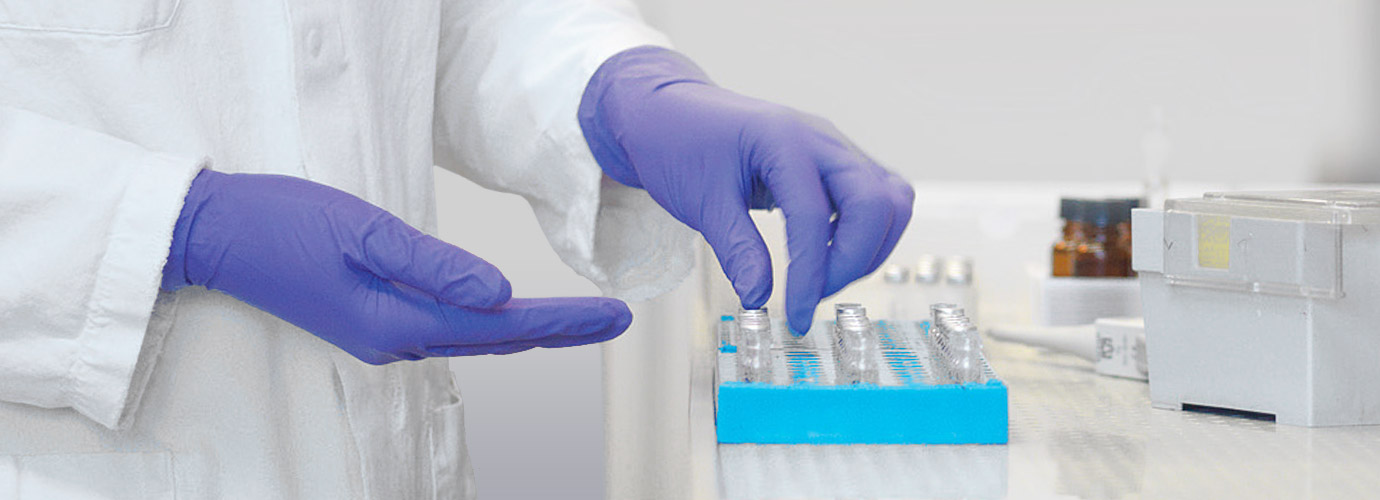A newly discovered signalling pathway regulates adaptation of the mother’s intestine to the increased requirements of pregnancy and breastfeeding

06.2025
Author Dr. Martin Claßen, Bremen
Pregnancy and breastfeeding pose specific challenges for any organism, and the mother’s intestine is one of the organs that adapts to the increased nutritional demand. A study conducted in Vienna shows a previously unknown signalling pathway in the intestine which controls expansion of the intestinal epithelial cells, leading in turn to growth of the villi and an increase in surface area. This is the RANK signalling pathway Receptor Activator of Nuclear Factor κΒ and its ligand RANKL. This signalling pathway plays a role in bone formation, organogenesis of lymph nodes and thermoregulation, among other things.
The studies were conducted on mice, and an indication of the significance of RANK was that blocking it had a negative influence on intestinal development and absorption and that its absence led to underweight baby mice. The significance for humans was demonstrated on human organoids.
Reference:
Onji, M, Sigl, V, Lendl, T, Novatchkova, M, Ullate-Agote, A, Andersson-Rolf, A, Kozieradzki, I, Koglgruber, R, Pai, TP, Lichtscheidl, D, Nayak, K, Zilbauer, M, Carranza García, NA, Sievers, LK, Falk-Paulsen, M, Cronin, SJF, Hagelkruys, A, Sawa, S, Osborne, LC, Rosenstiel, P, Pasparakis, M, Ruland, J, Takayanagi, H, Clevers, H, Koo, BK, Penninger, JM. RANK drives structured intestinal epithelial expansion during pregnancy. Nature. 2025 Jan;637(8044):156-166. DOI: 10.1038/s41586-024-08284-1


